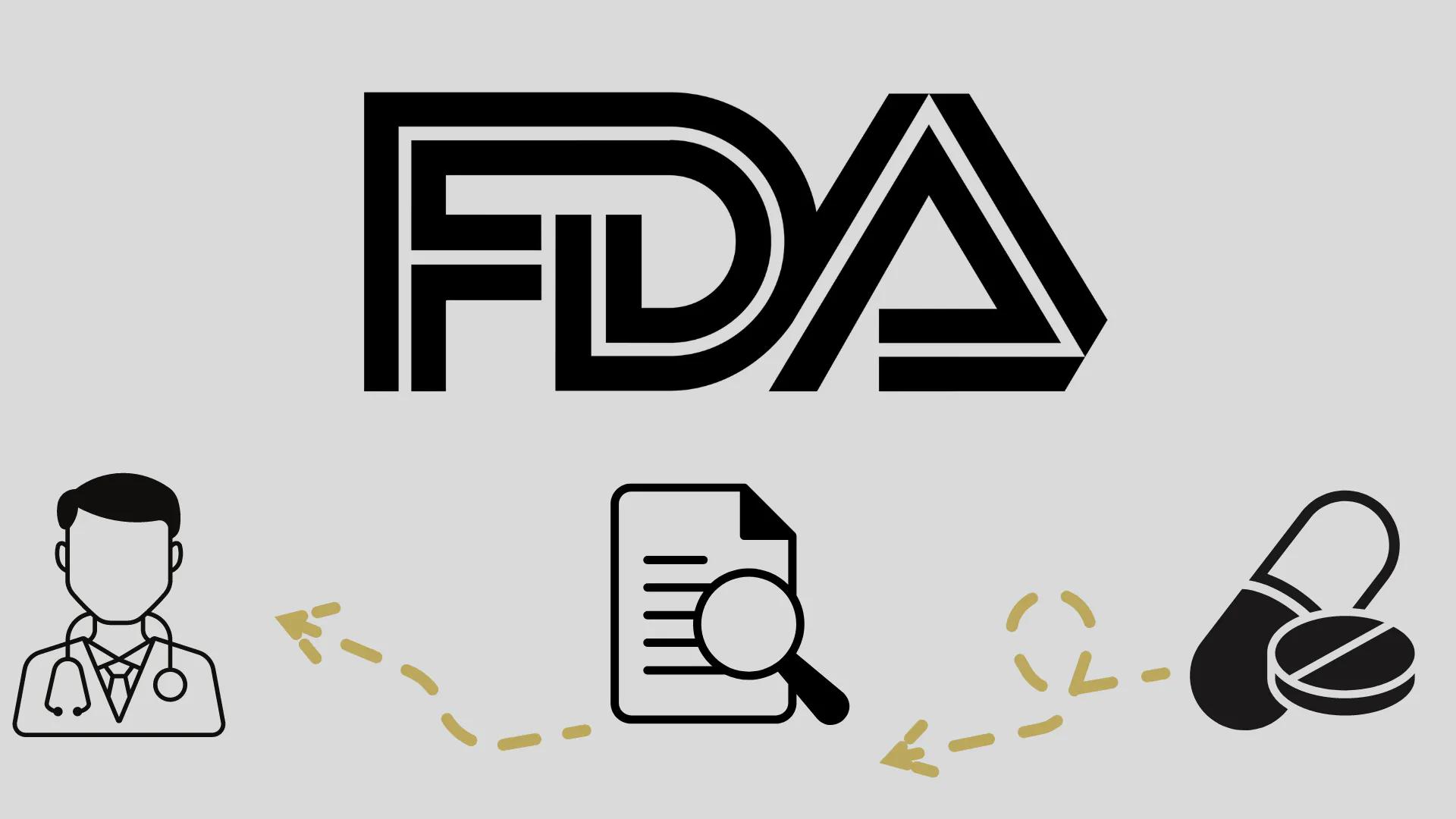
FDA Approval Sought for Upfront Amivantamab/Chemo in Advanced EGFR Exon20Ins Mut+ NSCLC

Based on positive phase 3 PAPILLON results, an application for a new approval for amivantamab has been filed with the FDA.
- With a new supplemental biologics license application (sBLA), amivantamab-vmjw (Rybrevant) could soon move to first-line treatment in patients with EGFR exon 20 insertion mutation–positive non–small cell lung cancer (NSCLC).1
- Amivantamab was previously granted accelerated approval by the FDA for this patient population in the second line of treatment.
- Amivantamb was also granted breakthrough therapy designation for the treatment of patients with metastatic NSCLC with EGFR exon 20 insertion mutations.
An sBLA has been submitted to the FDA for amivantamab in combination with carboplatin and pemetrexed for the treatment of patients with locally advanced or metastatic NSCLC with EGFR exon 20 insertion mutations in the frontline setting.1
The efficacy and safety of amivantamab plus chemotherapy, which support the sBLA, were demonstrated in the phase 3 PAPILLONstudy (NCT04538664).PAPILLON is a confirmatory study which solidifies another indication for the agent, the treatment of adult patients with locally advanced or metastatic NSCLC with EGFR exon 20 insertion mutations whose disease has progressed on or after platinum-based chemotherapy. It is the first randomized study evaluating patients with newly diagnosed NSCLC with EGFR exon 20 insertion mutations to demonstrate clinically meaningful results.1,2
In PAPILLON, treatment with amivantamab plus carboplatin and pemetrexed in patients with newly diagnosed patients with advanced or metastatic NSCLC characterized by EGFR exon 20 insertion mutations showed a statistically significant and clinically meaningful improvement in progression-free survival, meeting the primary end point of the study. The combination also had a safety profile consistent with the safety profile of each drug alone. Full results from the study are expected to be presented at an upcoming scientific meeting.
PAPILLON is a randomized, open-label, phase 3 study that is investigating the efficacy and safety of amivantamab in combination with chemotherapy in patients with EGFR exon 20 insertion mutated locally advanced or metastatic NSCLC. Patients in the study received intravenous (IV) amivantamab 1400 mg or 1750 mg if above 80 kg in weight. Treatment in the amivantamab arm was administered once weekly up to cycle 2, day 1 followed by 1750 mg on day 1 of each 21-day cycle, beginning with the third cycle. Patients above 80 kg in weight received 2100 mg of treatment instead of 1750 mg beginning with the third cycle. Pemetrexed 500 mg/m2 was given on day 1 of each 31-day cycle, beginning at cycle 3. Finally, IV carboplatin was administered on day 1 of each 31-day cycle for up to 4 cycles. In the chemotherapy alone arm, patients were given matching pemetrexed and carboplatin.3
As secondary efficacy end points, the PAPILLON study is evaluating objective response rate, duration of response, overall survival, time to subsequent therapy, and PFS after first subsequent therapy. The secondary safety end points are the incidence and severity of adverse events, the number of patients with clinical laboratory abnormalities, the number of participants with vital sign abnormalities, serum concentration of amivantamab, the number of patients with anti-amivantamab antibodies, quality-of-life, and patient-reported outcomes.
Patients eligible for inclusion in the study are those with histologically or cytologically confirmed locally advanced or metastatic, nonsquamous NSCLC with an EGFR exon 20 insertion mutation. Patients are required to have measurable disease per RECIST v1.1, an ECOG performance status of 0 or 1, and agreement to a tumor biopsy at baseline, as well as periodically. Female patients are also required to have a negative pregnancy test within 72 hours of the first dose of study treatment. Roughly 308 patients who meet these requirements will be enrolled.
The study excludes patients who appear to have synchronous NSCLC disease, untreated brain metastases, history of spinal cord compression not treated with definitive surgery or radiation, history of interstitial lung disease, and/or contraindication to the use of the chemotherapy agents used in the study.
REFERENCES:
1. Janssen submits supplemental biologics license application to the U.S. Food and Drug Administration seeking approval of Rybrevant® (amivantamab-vmjw) in combination with chemotherapy for the first-line treatment of patients with locally advanced or metastatic EGFR exon 20 insertion mutation-positive non-small cell lung cancer. News release. The Janssen Pharmaceutical Companies of Johnson & Johnson. August 25, 2023. Accessed August 25, 2023.https://tinyurl.com/59fzrd3y
2. Treatment with Rybrevant® (amivantamab-vmjw) plus chemotherapy resulted in statistically significant and clinically meaningful improvement in progression-free survival in patients with newly diagnosed EGFR exon 20 insertion mutation-positive non-small cell lung cancer. July 17, 2023. Accessed August 25, 2023. https://tinyurl.com/4mutjnw8
3. A study of combination amivantamab and carboplatin-pemetrexed therapy, compared with carboplatin-pemetrexed, in participants with advanced or metastatic non-small cell lung cancer characterized by epidermal growth factor receptor (EGFR) exon 20 insertions (PAPILLON). ClincialTrials.gov. Updated July 20, 2023. Accessed August 25, 2023. https://clinicaltrials.gov/ct2/show/NCT04538664



















